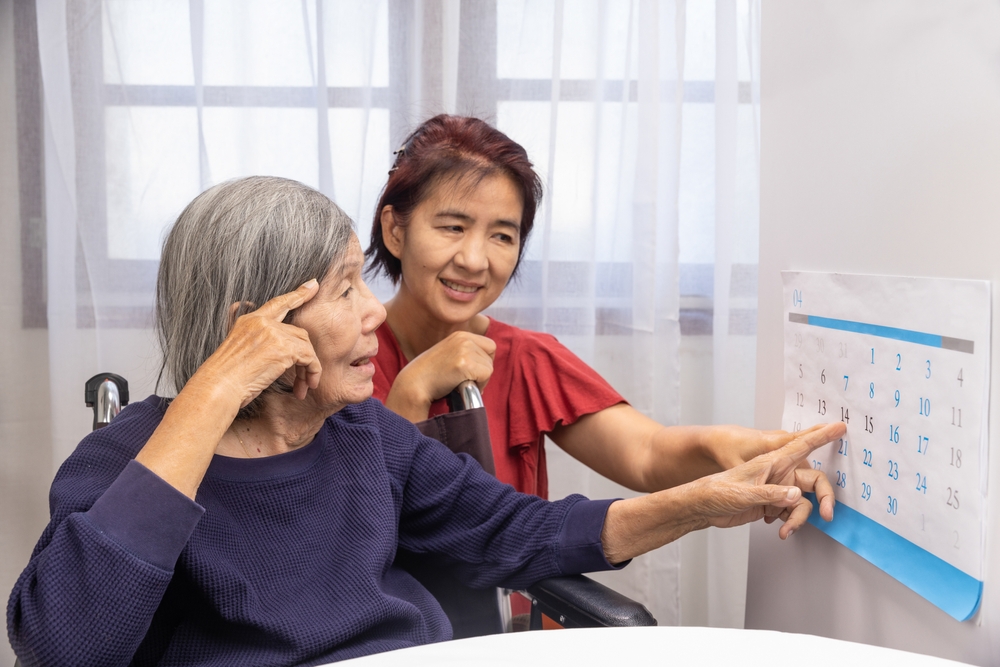Occupational Therapy Activities for Elderly Adults
Category:

Occupational therapy is a type of rehabilitation that allows elderly adults – or anyone who has suffered a debilitating disease or injury – to lead safe, healthy, fulfilling lives.
Occupational therapy for seniors helps them with self-care activities like hygiene, getting dressed, cooking, and sleeping, all of which allows them to remain independent for as long as possible.
Occupational therapy is different from physical therapy because it focuses on day-to-day activities rather than physical mobility. For example, after breaking their arm, a person may see a physical therapist to build strength and regain mobility and flexibility in that arm. They would see an occupational therapist to relearn things like using eating utensils or brushing their hair.
Occupational therapy treatment activities are based on the individual needs of each patient, but they all revolve around daily life needs. These could include things like eating, bathing and getting dressed, using the toilet, or transferring from one place to another, like from a wheelchair to the couch or bed. If your loved one struggles with balance, they may learn a new technique to stand in front of the sink and brush their teeth without fear of falling. Occupational therapists, also called OTs, are very good at thinking of everything.
Some occupational therapy activities for seniors are designed to assist with more complex tasks like grocery shopping and cooking, using a phone or computer, doing laundry, and even driving. The therapy is not just about the movement or physical abilities required to complete a task, it can also be about the cognitive function necessary to move through daily life activities safely.
Benefits of Geriatric Occupational Therapy
The main benefit of occupational therapy activities for geriatrics is their ability to hold on to their independence and complete daily life activities without struggling. OTs can also teach your loved ones methods to help prevent falls, like strengthening and balance exercises. There are even ways to fall safely, so if your loved one does lose their balance, they are less likely to suffer a severe injury.
Occupational therapy activities for the elderly can also focus on cognitive function along with physical ability. They may use memory-enhancing games like puzzles, crossword puzzles, or matching games. They can also provide support to the caregiver. They can teach non-defensive techniques to help if their loved one experiences a sudden change in personality. They can also provide advice on how to interact with their senior loved one without confusing their memory further.
Download Our FREE Path to Care Guide
Occupational therapy inside the home gives the OT an opportunity to make suggestions on modifications to make the home safer for your elderly loved one. They can also instruct you and your loved one on the proper way to use the modifications to keep everyone safe.
Occupation therapy activities for adults are a great option even if the senior has not had a disease or injury, they simply need some support to continue living safely on their own or even in their home. OT is an excellent way to delay or prevent your loved one needing more care, and it helps them maintain the sense of independence they need as they age.
To learn about our home care services, contact our caregiving team today at 1-800-GRISWOLD or find a Caregiver near you.
Subscribe
Date: 2024-10-22
Category:


